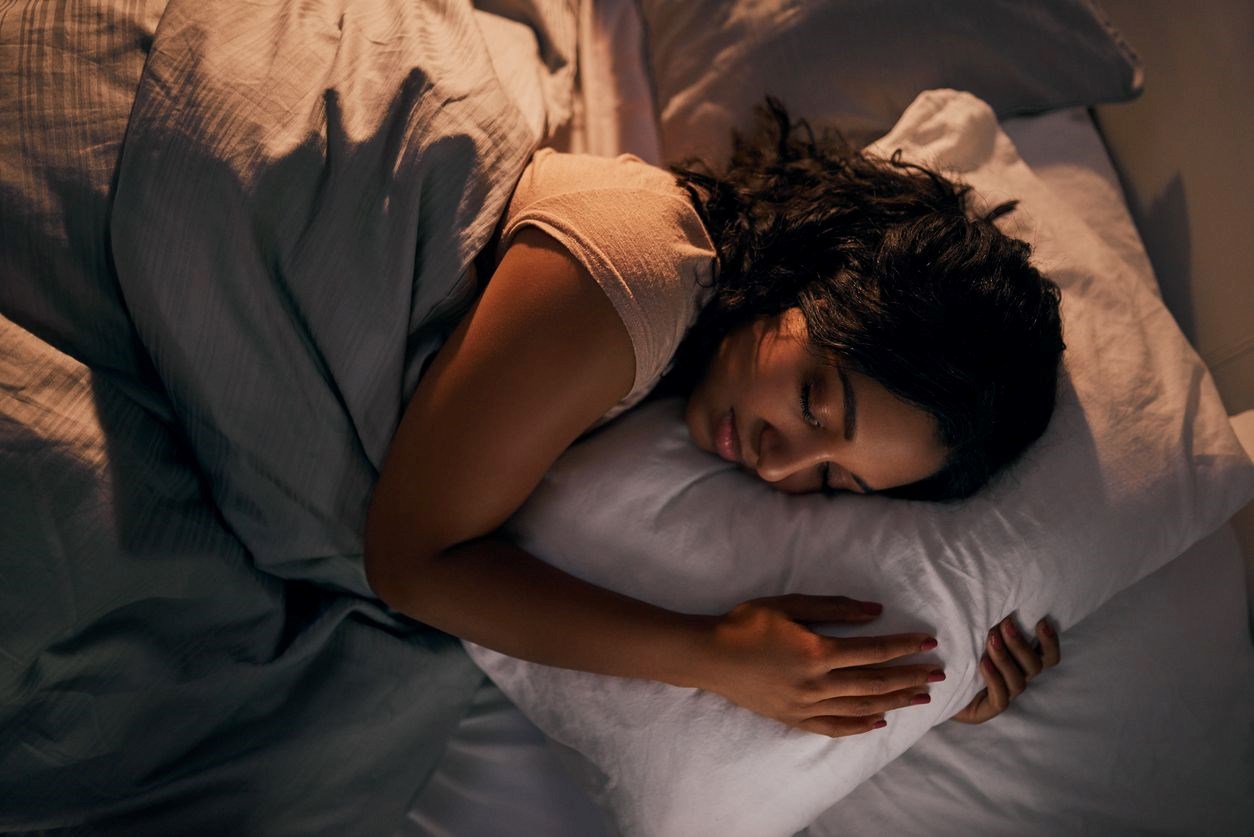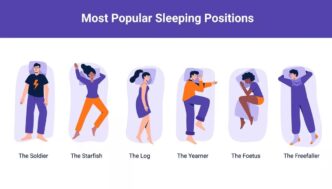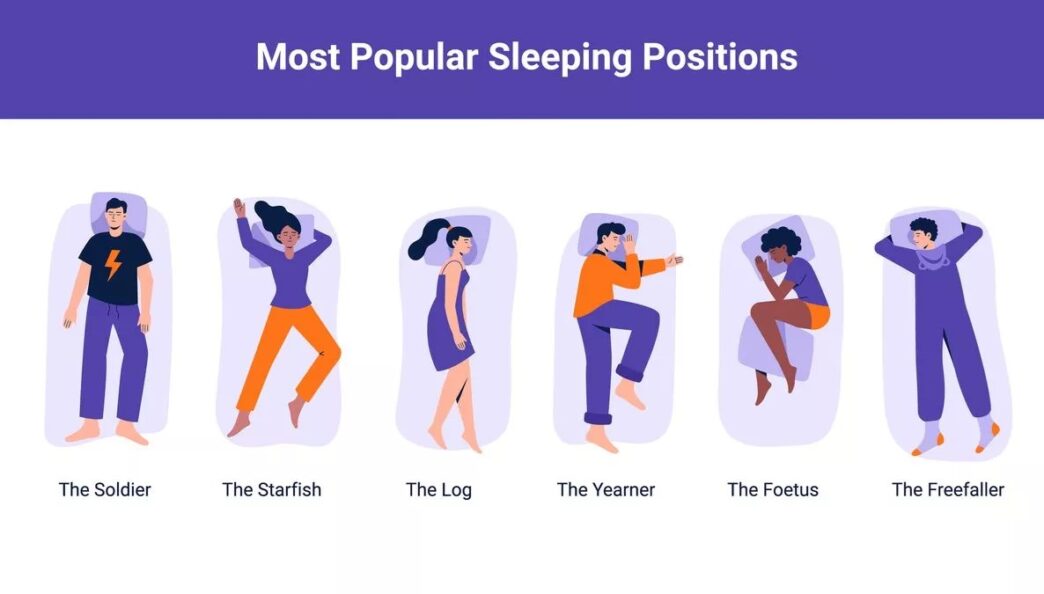Everyone eagerly awaits the moment after a stressful day: time to get into bed and relax. But did you know that the sleeping position you naturally gravitate towards can give clues about your financial success? A survey conducted in the UK, involving more than 5,000 people, has revealed that different sleeping positions may be linked to income levels.
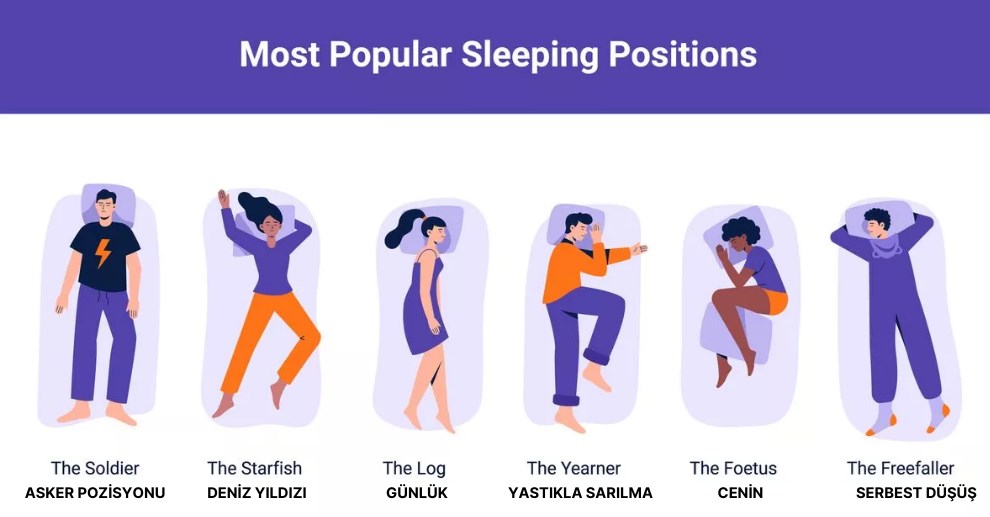
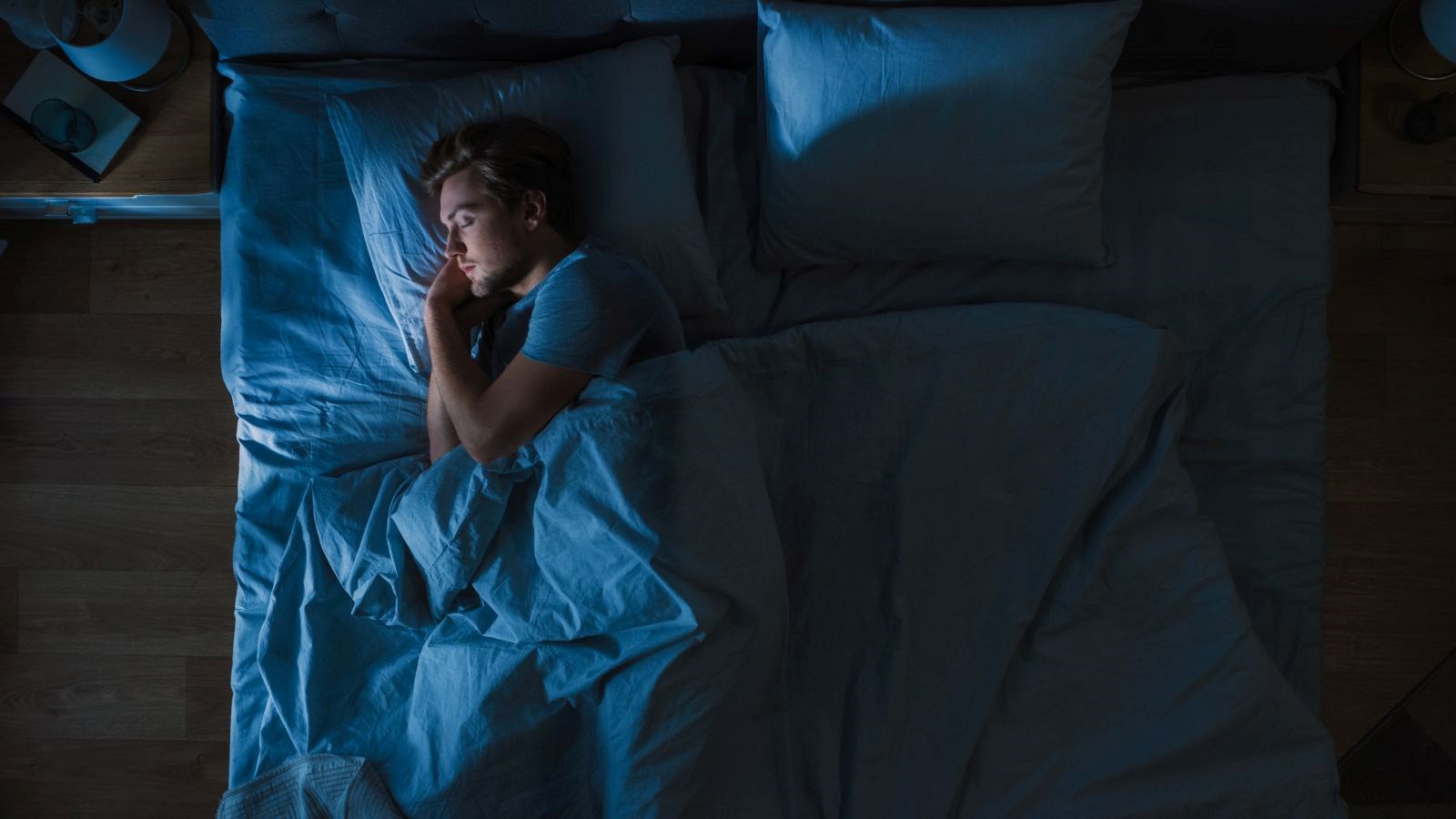
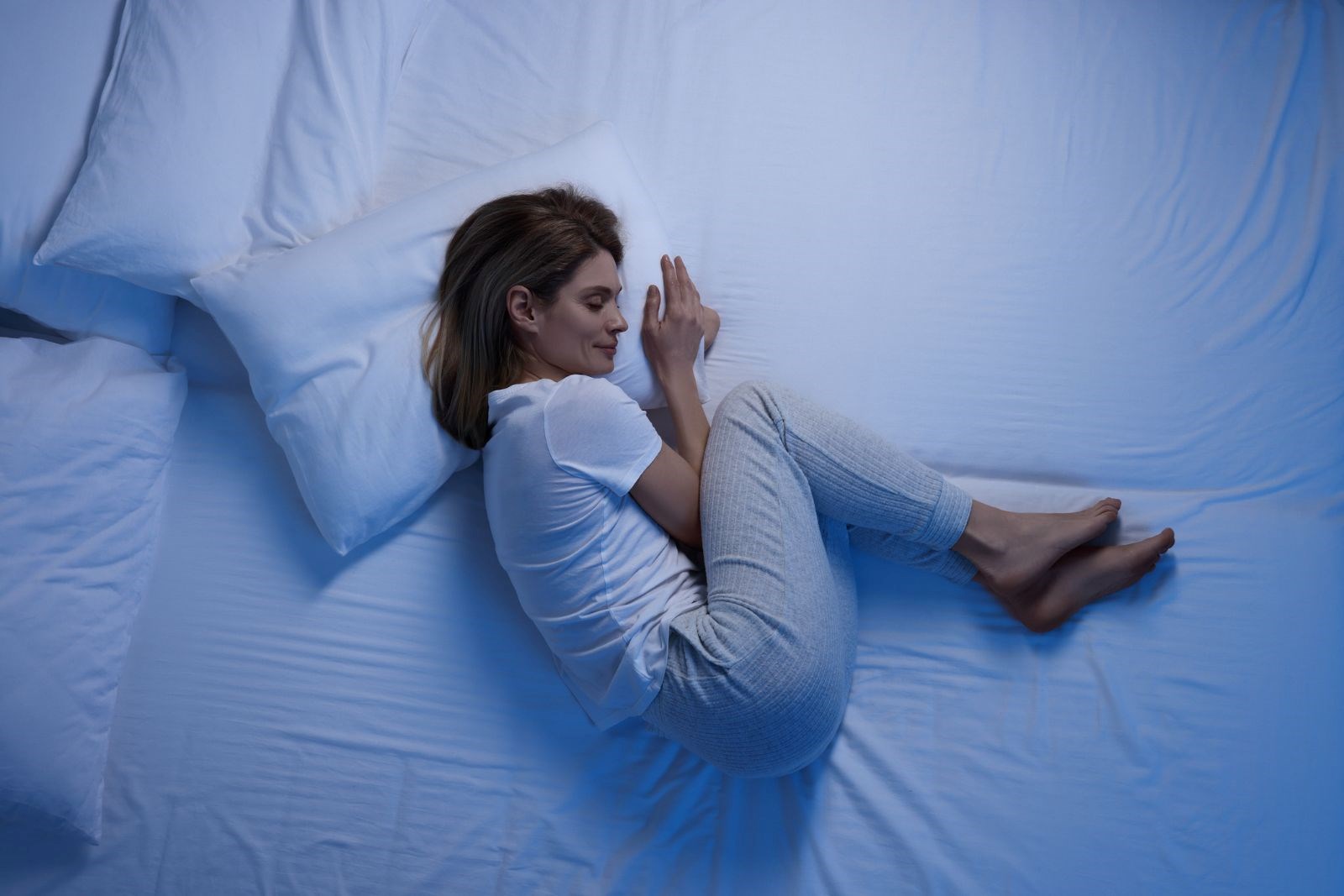
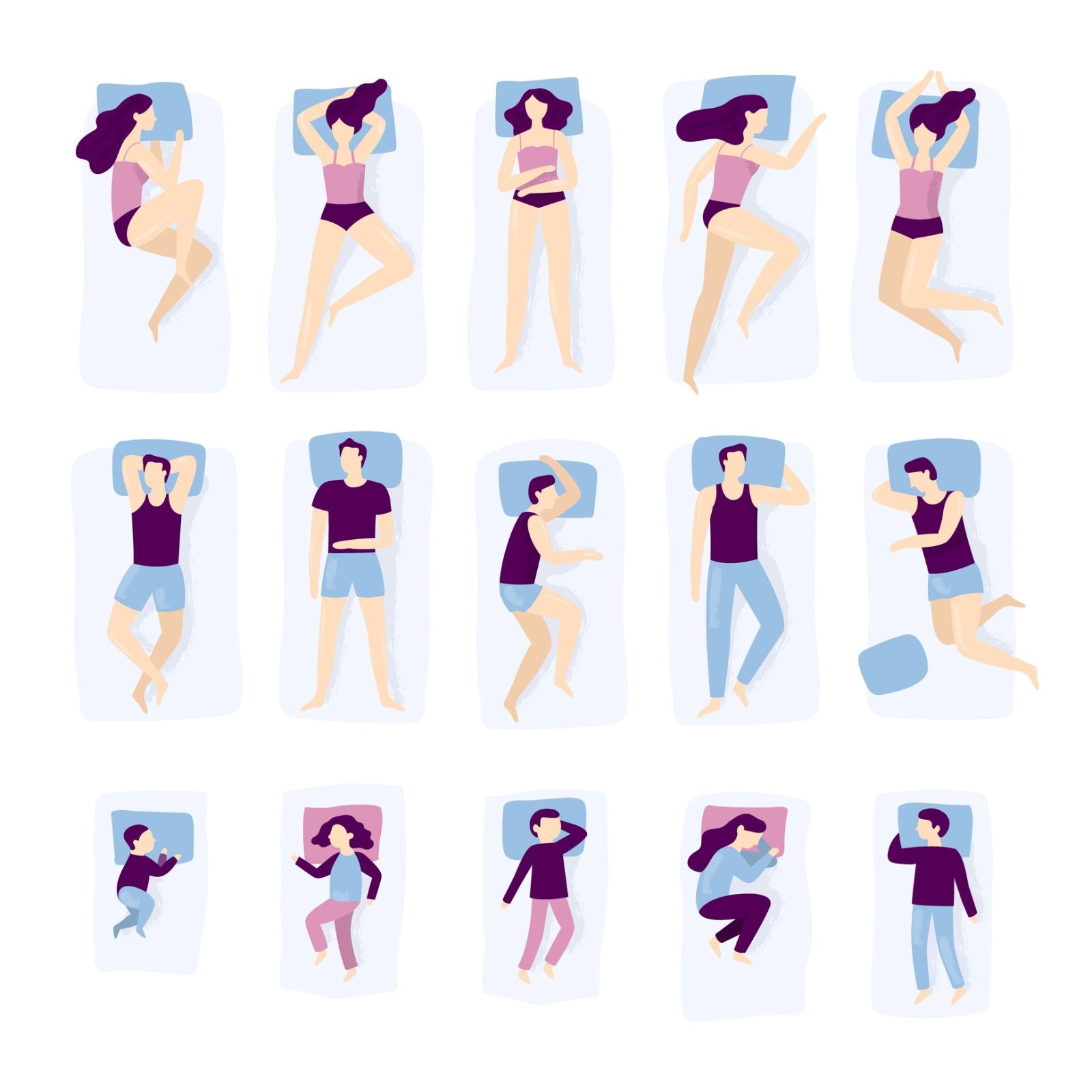
The most popular position in the high-income group was the free fall position (29 percent), followed by the soldier position (23 percent), the fetus position (21 percent), the pillow hug position (13 percent) and the thinker position (9 percent).
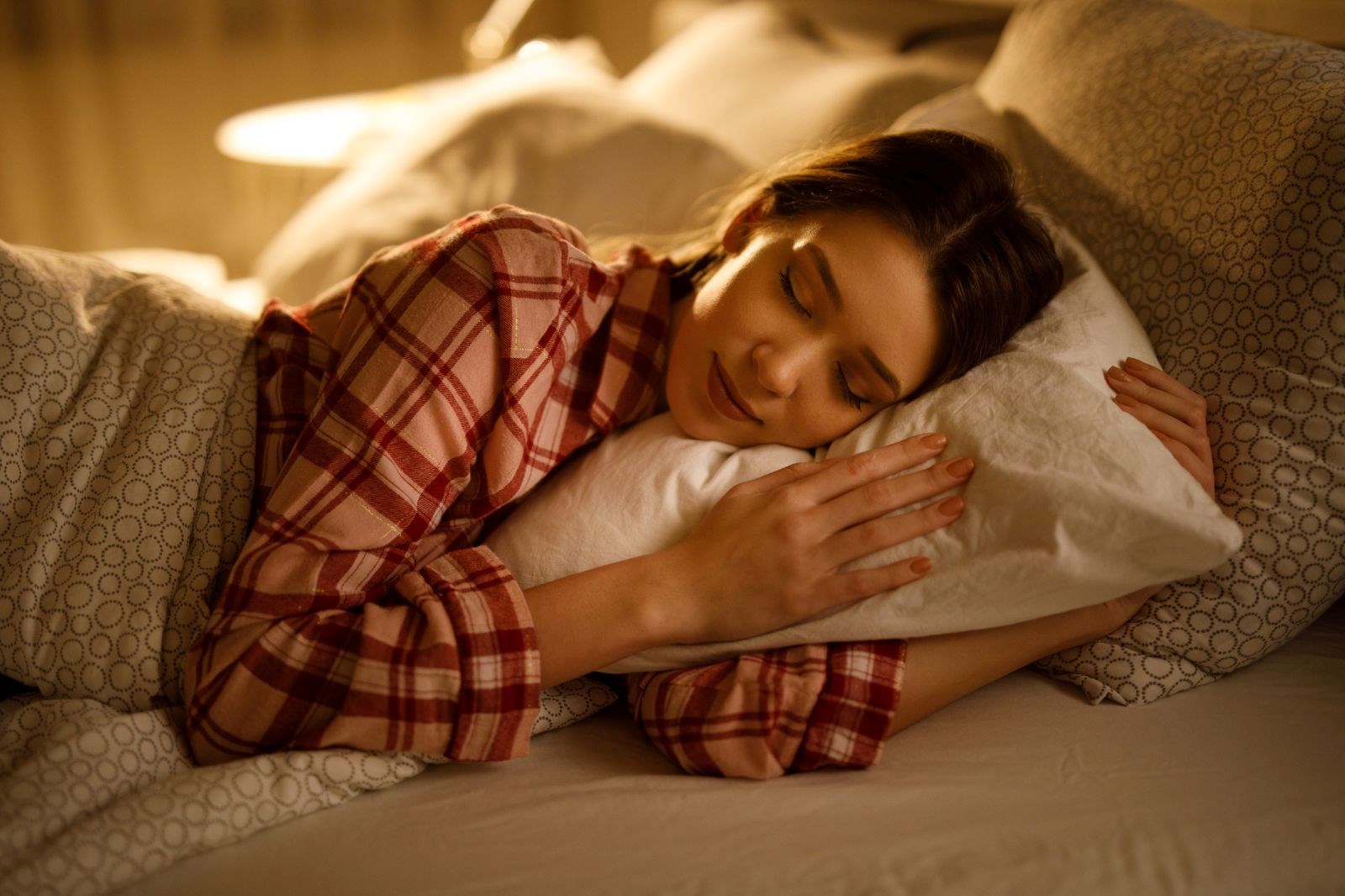
Those in the highest-income group sleep an average of 6 hours and 58 minutes a night and wake up at 06:42 in the morning.
In contrast, those in the lowest income bracket sleep around 22 minutes more and wake up at 7:06am.

